Acres more broadband
Inside the Enterprise: Subsidies for rural broadband have been approved by the EU, but the UK's 2Mbps target remains controversial.
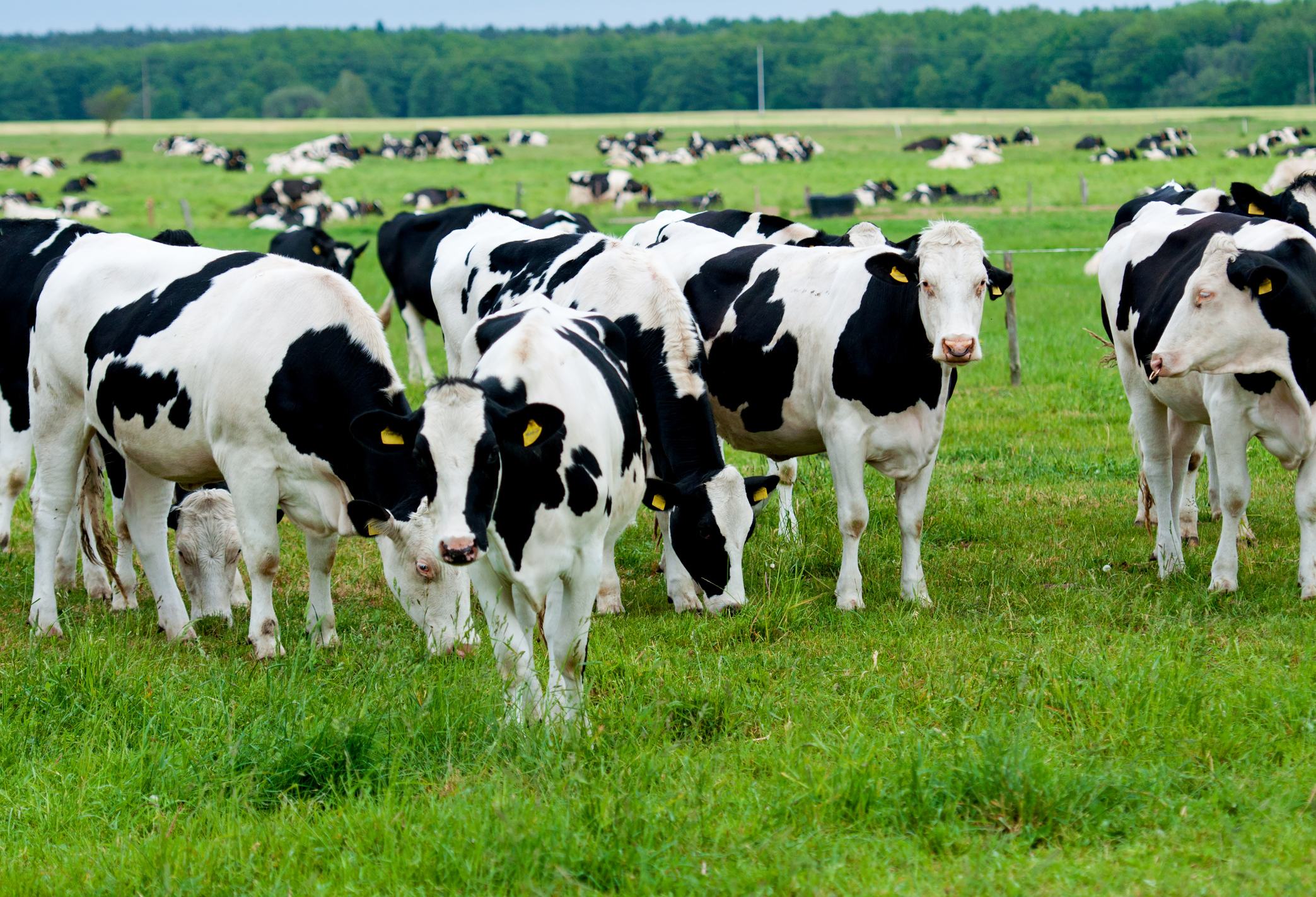
This week, the European Commission approved Government plans to subsidise broadband in rural areas.
This means the BDUK scheme will be able to go ahead, without a challenge from European authorities over the misuse of state aid.
The Government has put much store by the BDUK project, with Culture Secretary Maria Miller describing it as a "huge boost" for the economy. But critics of the scheme claim the plans are too modest and too late to make much of a difference.
Under the BDUK scheme, local areas can apply for financial support from the Department of Culture, Media and Sport; the largest schemes have received funding of up to 18m, the total budget for the project is over 1bn.
The DCMS has helpfully created a Google Docs speadsheet charting progress of the different bids, known as Local Broadband Plans (LPDs).
However, controversy surrounds both the relatively unambitious targets for broadband speed, and the small number of companies awarded the contracts.
Most deals to date have gone to BT and, in several areas, the firm has been the only bidder.
Sign up today and you will receive a free copy of our Future Focus 2025 report - the leading guidance on AI, cybersecurity and other IT challenges as per 700+ senior executives
Campaigners for rural connectivity have raised concerns that bidders will use public funds to make network improvements they would have carried out anyway. BT, for its part, strenuously denies this.
Campaigners also worry the BDUK rules effectively lock out smaller internet service providers, which might be able to offer alternative services.
Business users, though, are more concerned about what is being provided, than who is providing it. The Government's target for rural broadband is 2mbps, a target that has not been revised for some years.
But even in the last 12 months, the average speed of home broadband connections has increased from around 7Mbps to 12Mbps, according to Ofcom's figures. This has largely been driven by the uptake of fibre-based services, such as BT Infinity and Virgin Media, in urban areas.
It is more important than ever for speeds to catch up it can take 12 hours to download an iPad update
That is not to say that BDUK bids will only supply 2Mbps BT's fibre to the cabinet technology should be able to deliver 35Mbps in most areas but the overall Government policy on broadband now looks dated, even if the intention is to deliver 2Mbps to hard to reach homes and businesses.
-
 What is Microsoft Maia?
What is Microsoft Maia?Explainer Microsoft's in-house chip is planned to a core aspect of Microsoft Copilot and future Azure AI offerings
-
 If Satya Nadella wants us to take AI seriously, let’s forget about mass adoption and start with a return on investment for those already using it
If Satya Nadella wants us to take AI seriously, let’s forget about mass adoption and start with a return on investment for those already using itOpinion If Satya Nadella wants us to take AI seriously, let's start with ROI for businesses
-
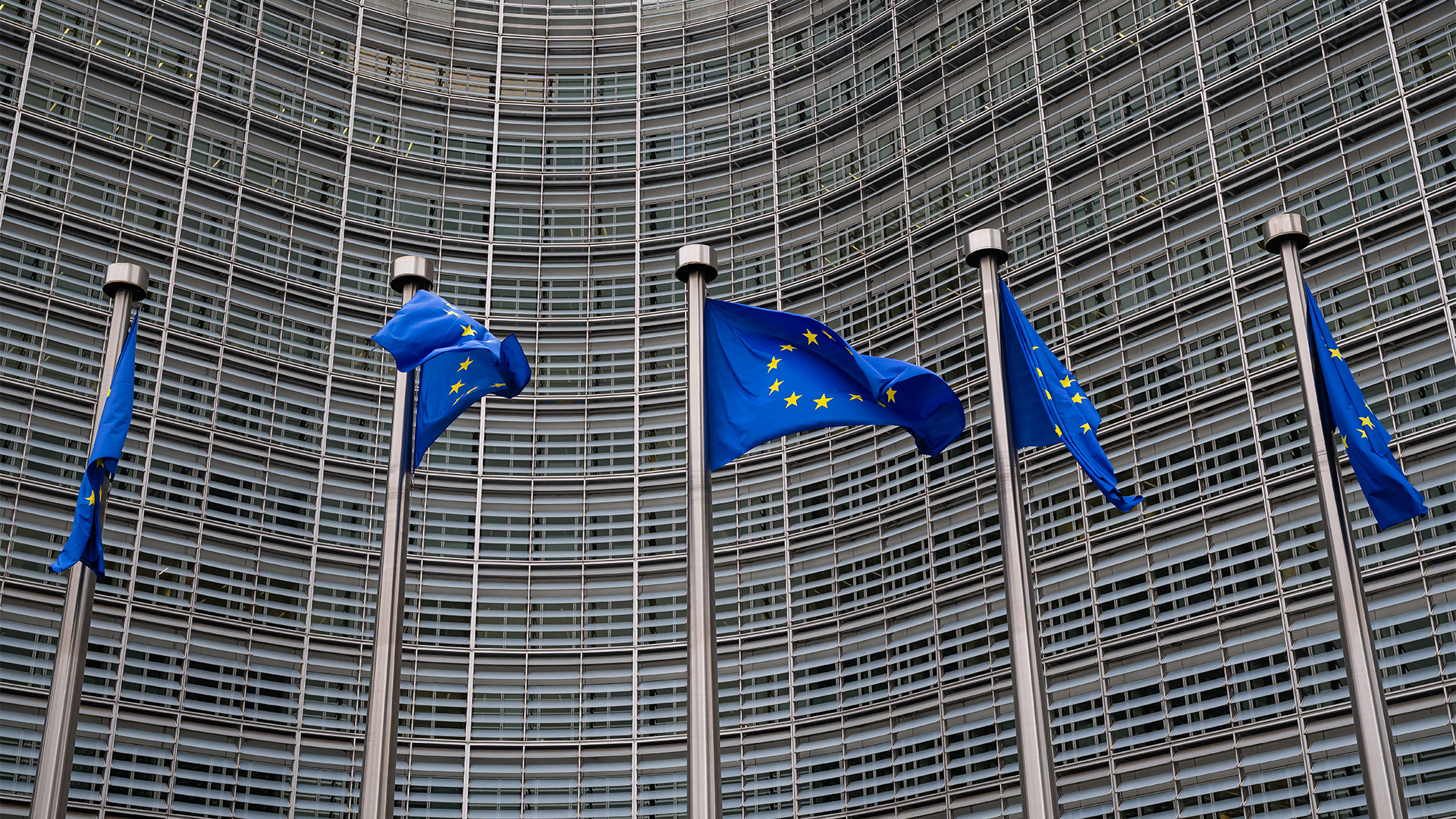 Trade groups claim EU’s Digital Networks Act risks “favoring the interests of outdated telecom monopolies”
Trade groups claim EU’s Digital Networks Act risks “favoring the interests of outdated telecom monopolies”News The European Commission has set out its proposals to boost the EU's connectivity, to some criticism from industry associations
-
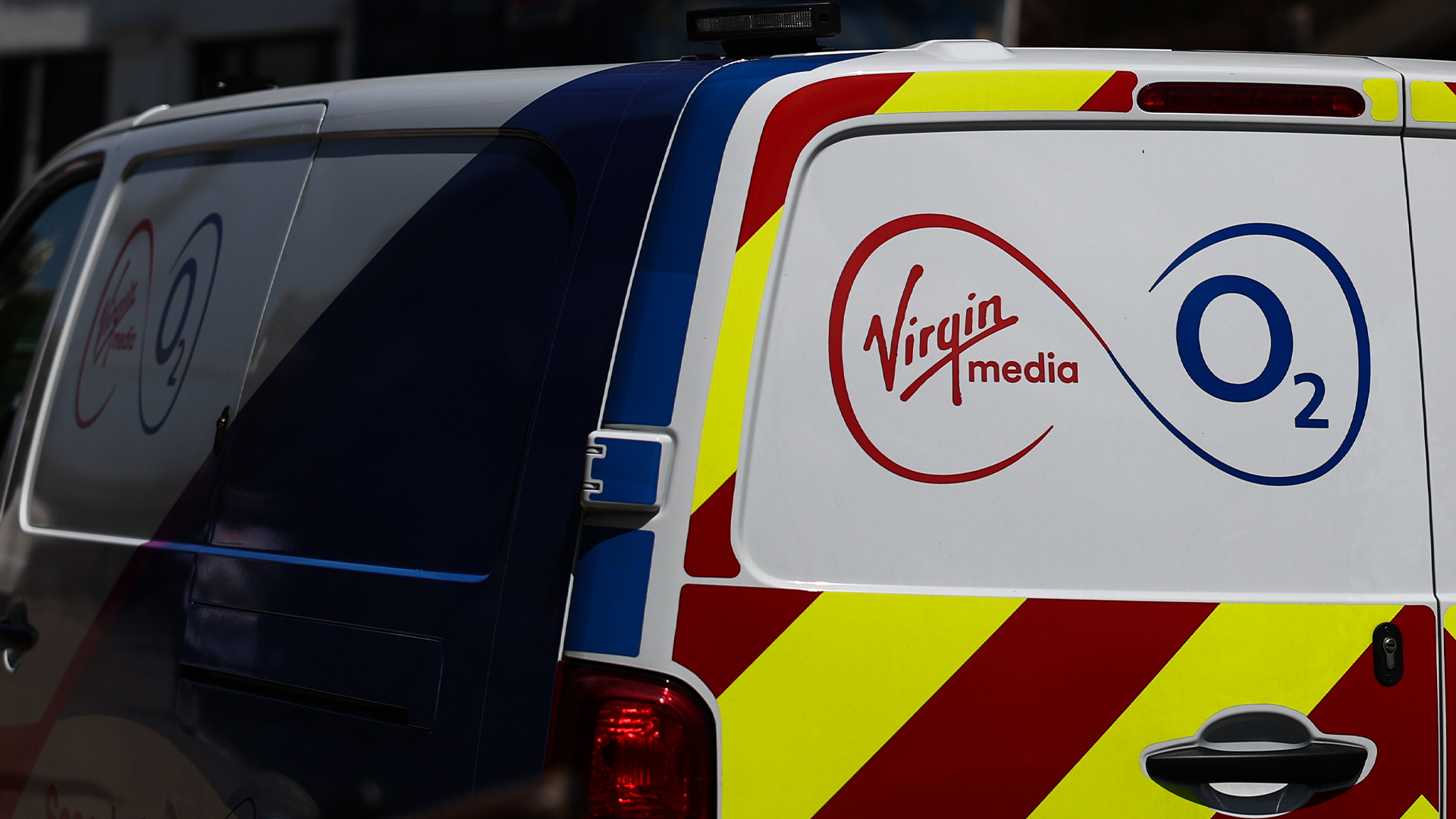 Virgin Media O2 and Daisy Group merge to form O2 Daisy
Virgin Media O2 and Daisy Group merge to form O2 DaisyNews The new firm will start out as the UK’s second-largest small and medium-sized business (SME) solutions provider
-
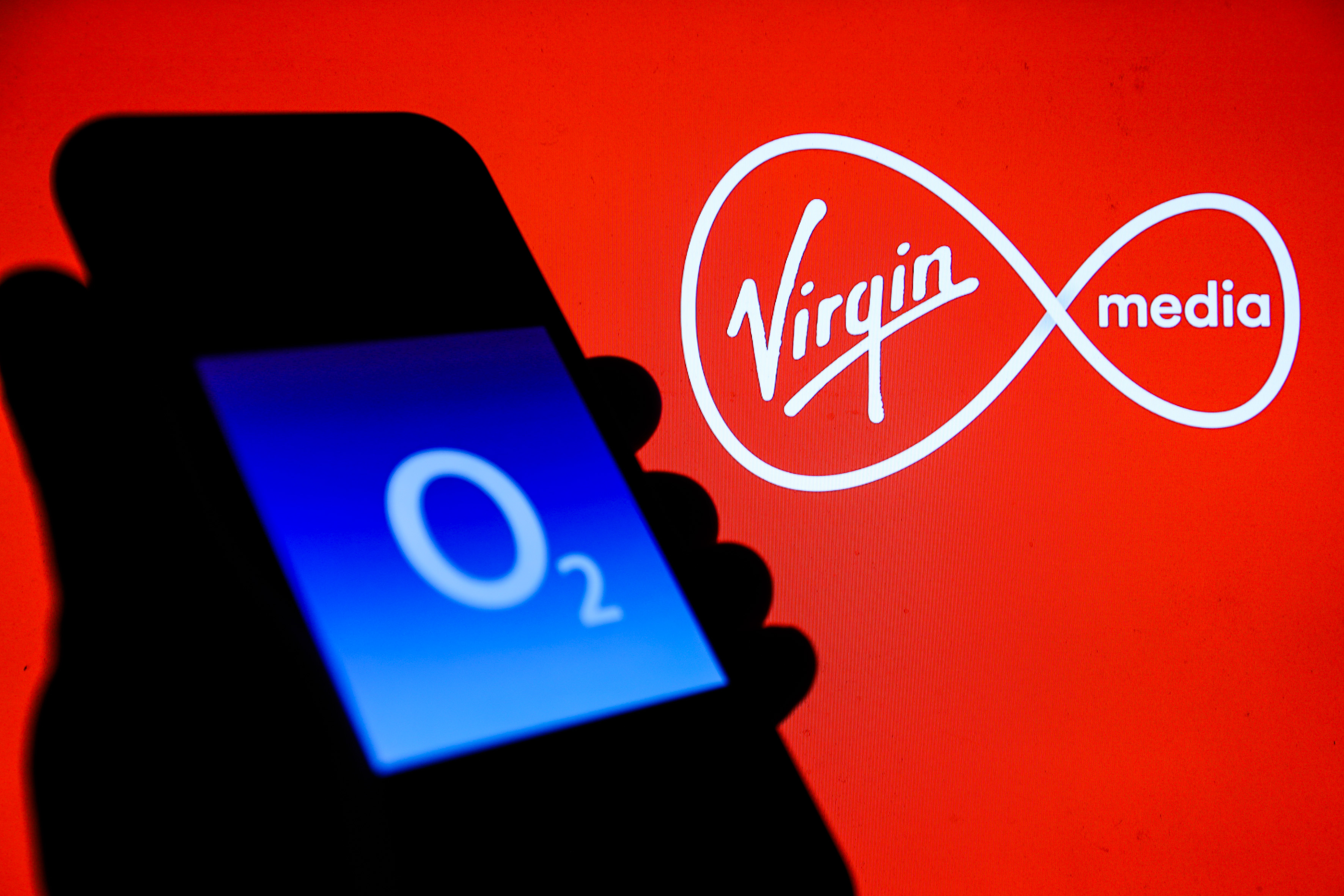 How Virgin Media O2 saved “millions” by enhancing data center efficiency
How Virgin Media O2 saved “millions” by enhancing data center efficiencyCase Study Reducing data center power consumption forms part of a broader sustainability drive at the telecoms giant
-
 Medium businesses: Fuelling the UK’s economic engine
Medium businesses: Fuelling the UK’s economic engineWhitepaper A Connected Thinking report
-
 HPE inks $2 billion high-performance computing deal with the NSA
HPE inks $2 billion high-performance computing deal with the NSANews HPE will provide scalable on-premises computing to the NSA using Greenlake
-
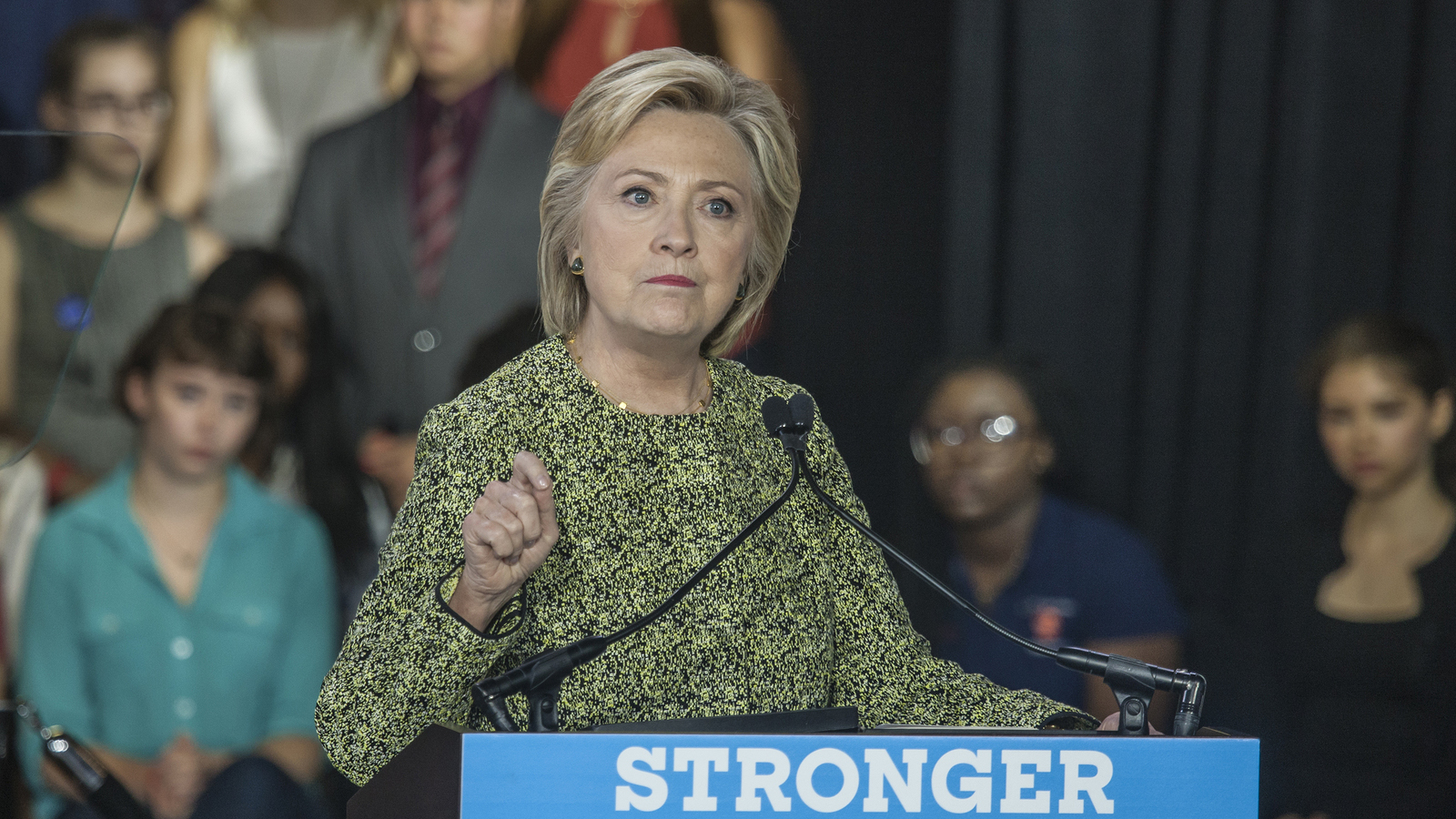 White House launches official investigation into use of personal email accounts
White House launches official investigation into use of personal email accountsNews Senate Intelligence Committee rebukes Kushner for omitting private account
-
 UK to re-invest £645m into 'superfast' broadband rollout
UK to re-invest £645m into 'superfast' broadband rolloutNews £465 million was recovered from contract clauses with BT
-
 UK government offers £16m 5G research fund for 2018 trials
UK government offers £16m 5G research fund for 2018 trialsNews Three universities will share the cash to help develop test networks